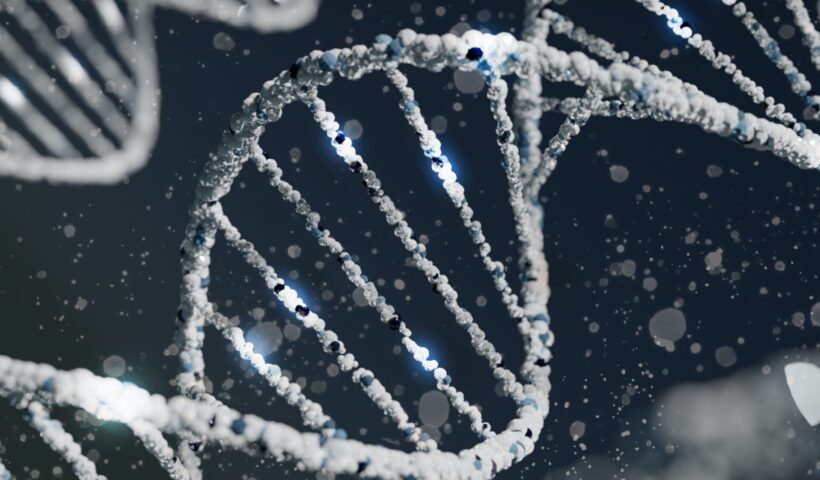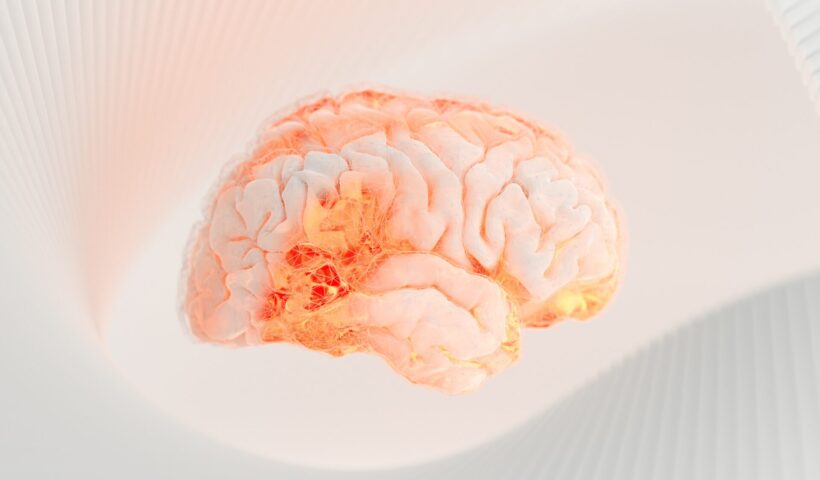Asian carp are an invasive species that have dramatically damaged US waterways. Environmentalists are scrambling to find solutions to prevent the devastation that may ensue as the carp encroach upon the Great Lakes. However, current solutions to maintain these ecosystems are inherently unethical. Human response to the carp invasion reveals how ecological decision making influenced by human-centric environmentalist ethics is unsuitable when dealing with man-made problems. Instead, humans must consider what ethical obligations they have to protect the environment and repair damage done to the US waterway system.
View More Great Stakes in the Great Lakes: Anthropocentrism and Biocentrism in Culling Asian CarpCategory: Volume 7 Issue 1
Hostile Architecture: The Ethical Problem of Design as a Means of Exclusion
From uncomfortable park benches to unnavigable sidewalks, hostile architecture has emerged worldwide to exclude unhoused individuals from public spaces. Hostile architecture goes against the principles of engineering a communal space. Yet, it persists because it subtly banishes unhoused people from the eyes and minds of communities that fear or are ashamed of them. However, the practice is unethical towards the unhoused and those in the community who experience limited mobility. Ultimately, hostile architecture has never been a sustainable method for solving homelessness, and its use is rooted in harmful bias against unhoused people.
View More Hostile Architecture: The Ethical Problem of Design as a Means of ExclusionAn Ethical Exploration of Automating the Trucking Industry
In recent years, a shortage of commercial transport drivers has resulted in an inability to meet increasing demand. A proposed solution for combating this bottleneck is to automate long-haul trucks through sophisticated AI techniques. Through automation, this shortage can be resolved. Unfortunately, although there are too few truckers on the road, it remains one of the most common professions for Americans today. Thus, by embracing this technology, there is a risk of forcing a substantial portion of the population out of work. Would pursuing automated trucking be an ethical decision? Inversely, would it be unethical to disallow automation? Through various lenses, this paper will dive into this dilemma and determine the best path forward.
View More An Ethical Exploration of Automating the Trucking IndustryTo GEH or Not to GEH
HIV and AIDS have devastated the lives of millions of people worldwide. Antiretroviral therapy (ART) has completely transformed the reality of those impacted by HIV and AIDS, turning a death sentence into a much longer and healthier life. However, heavy pill burdens, drug resistance, and a lack of equity in current treatment make ART unethical as a long-term, permanent solution. It is up to biomedical engineers to find an ethical way to treat or cure the millions of people impacted by this virus. Genetically engineering humans (GEH) has shown great promise in improving treatment and finding a cure for HIV. If the engineers making these edits follow very thorough and specific guidelines, genetic engineering can be an ethical alternative to ART.
View More To GEH or Not to GEHConsciousness and the Self: A Philosophical Discussion of the Future of Whole Brain Emulation
Whole brain emulation is the theory that brain scans can be used to simulate the human mind digitally. It is primarily being researched to improve understanding of the brain to treat or cure neurological illnesses and conditions. However, the concept of whole brain emulation raises ethical and philosophical questions about what it means to be human and the future of humanity. This paper explores different schools of thought on the ideas of consciousness and how they can be applied to the concept of brain simulation and ethical research practices.
View More Consciousness and the Self: A Philosophical Discussion of the Future of Whole Brain Emulation




